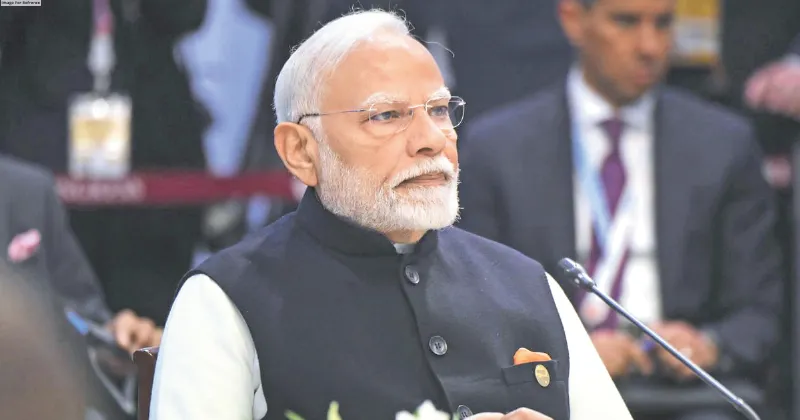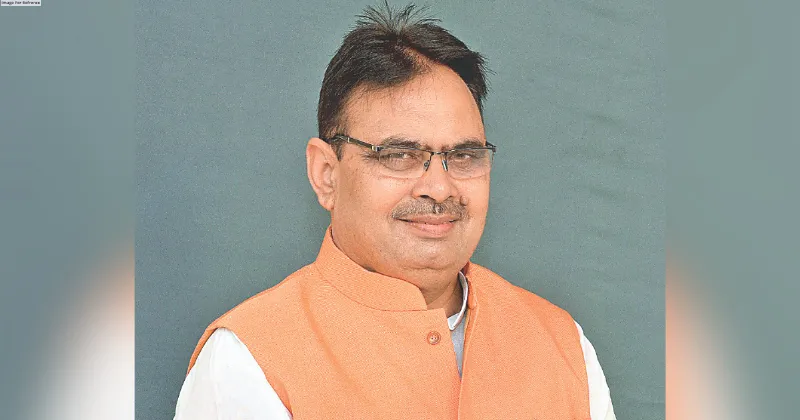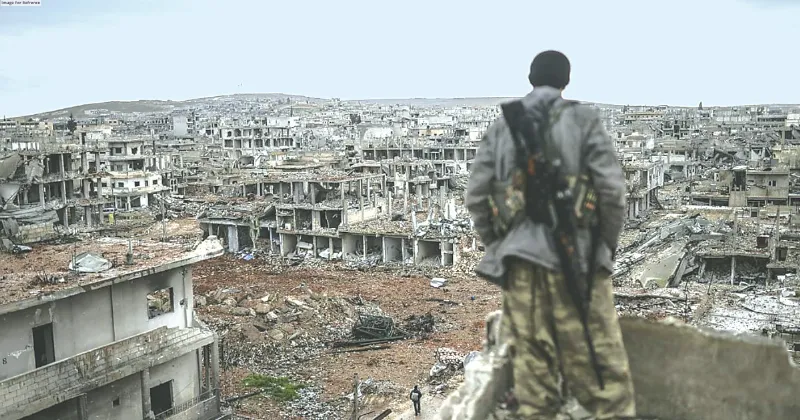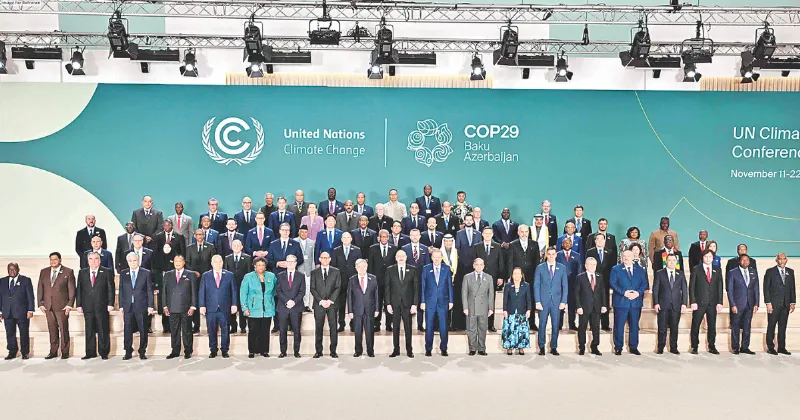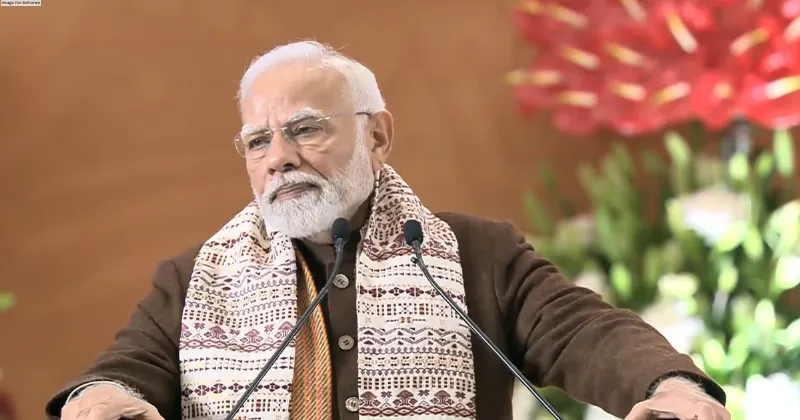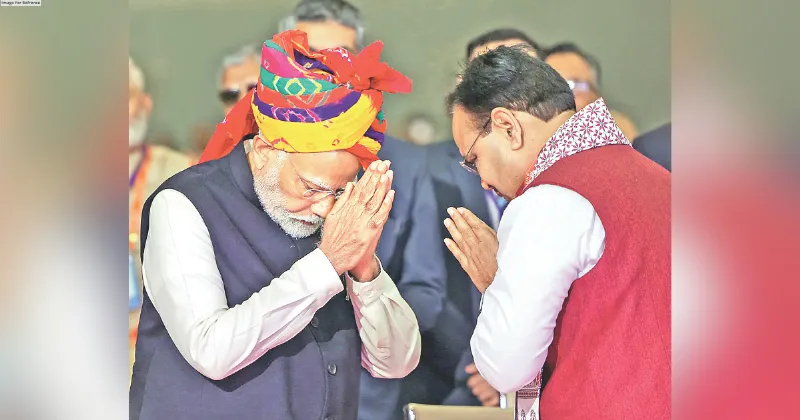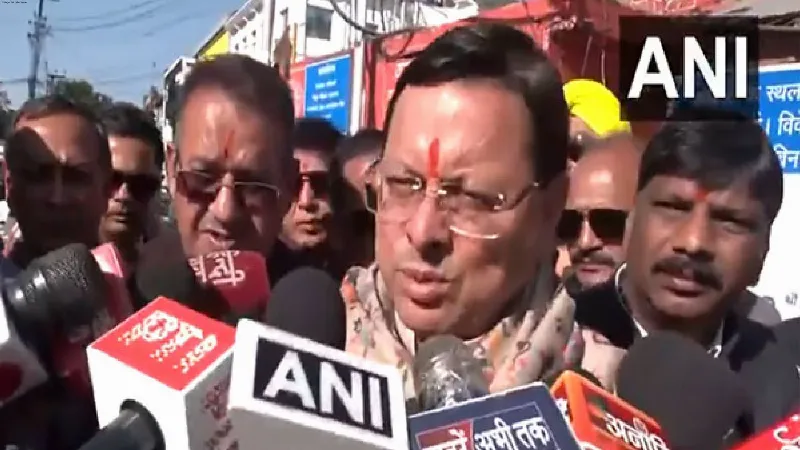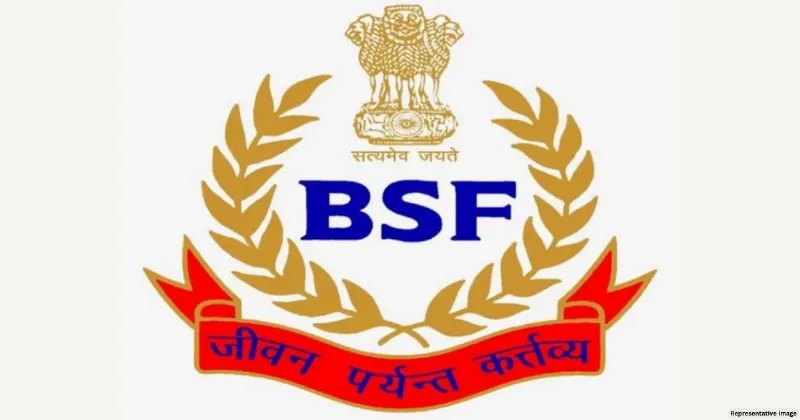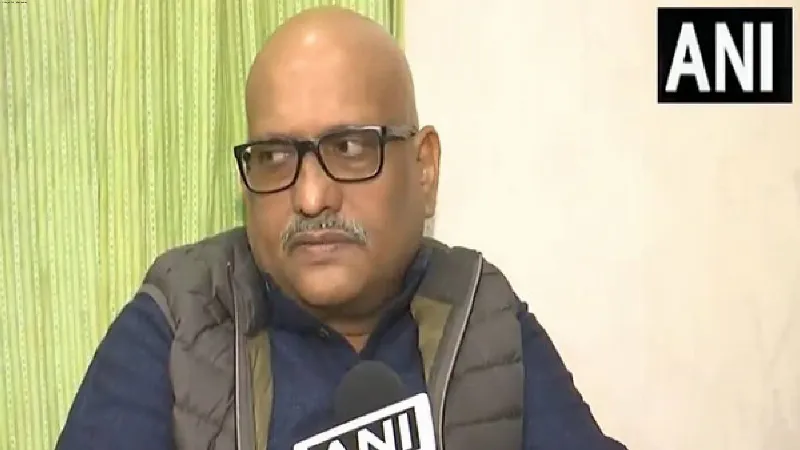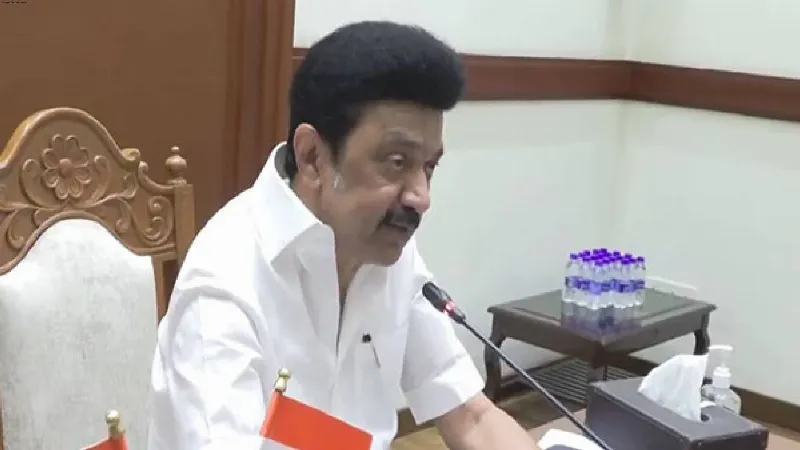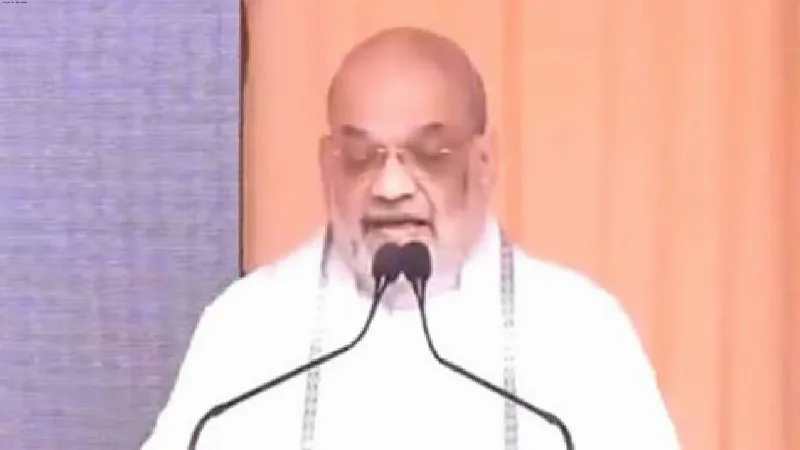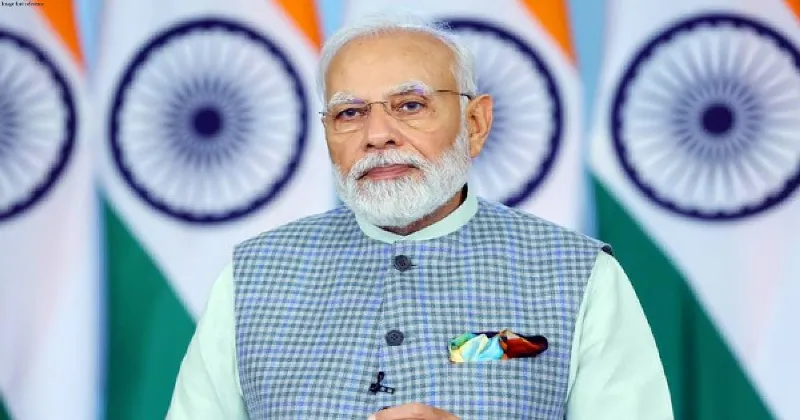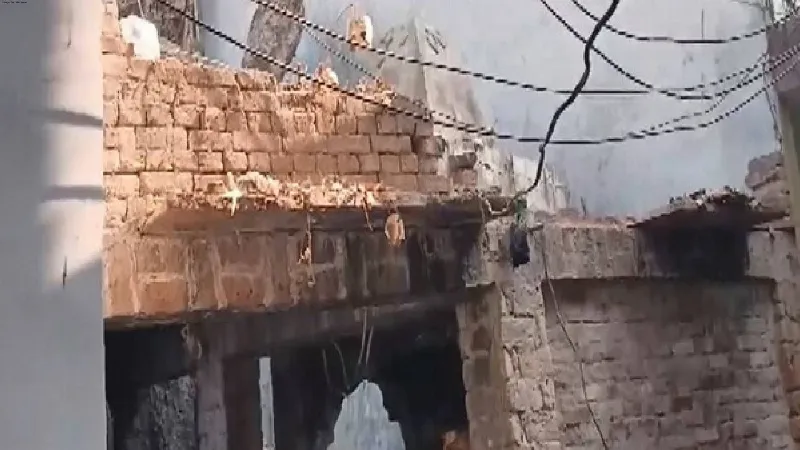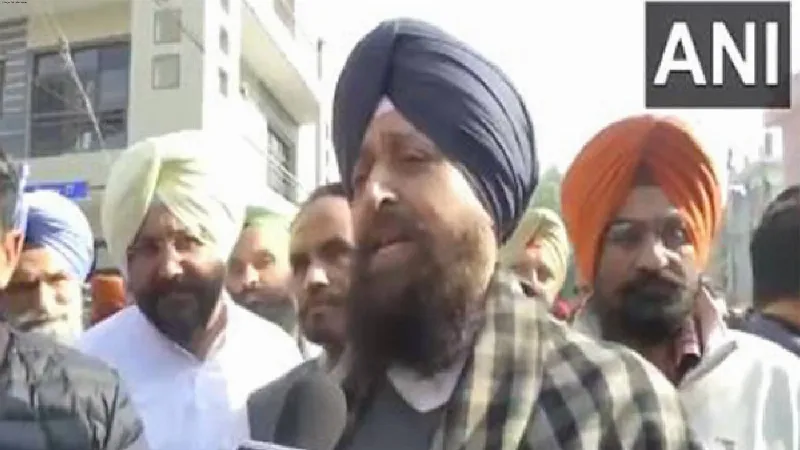Latest News
ESCALATION IN IRAN-ISRAEL HOSTILITIES: INDIAN PERSPECTIVE

Though it’s been years of enmity between Israel and Iran, but both the countries have been on a continuous collision path since eruption of war between Israel and Hamas militants in the Gaza Strip in Oct 2023. The current escalation in hostilities between Israel and Iran are result of Israeli strike on an Iranian consular building in Syria’s Damascus on 01 April 2024 that killed 12 people, including a senior general and in retaliation to this Iran fired scores of drones, cruise missiles and ballistic missiles in Israeli territory. Countries across the world have taken sides of either party with the US and allies on Israeli side and many Arab countries and Russia on Iranian side. The terror outfits like the Hamas, Hezbollah have been jubilant over Iranian attack on Israel. However, a potential response by Israel threatens to escalate the situation and expand the conflict, a point of big worry for everyone including India. Most countries favour restraint from both sides and maximising efforts for avoiding any further escalation, yet the situation remains fragile and uncertain in the region.
Iran has never recognized Israel and the Quds Force of Islamic Revolutionary Guards Council (IRGC) supports the Shiite Lebanese militant group Hezbollah militarily and financially, and has used it to carry out attacks against Israeli and US interests in the region. Iran has also been strongly critical of Israeli actions against the Palestinians and Hezbollah fighters have engaged the Israel Defence Forces on the Lebanon-Israel border ever since the October 7, 2023 attacks by Hamas in southern Israel. Israel sees Iran as an existential threat accusing its regime of harboring genocidal intentions. Consequently, Israel has sought sanctions and military action against Iran to stop it from acquiring nuclear weapons. Israel and the US have targeted the IRGC and the Quds personnel and Headquarters based in Syria. The latest Israeli attack killed the Quds senior general Israel carried out a strike on Iran’s consulate in Damascus on April 1, killing seven Revolutionary Guards including two generals and prompting warnings from Tehran that it would respond.
India is friendly with both, Israel and Iran, and maintains a balanced relationship with both. A potential escalation of direct hostilities between Israel and Iran could adversely impact India. As an immediate and most appropriate response to the escalation of hostilities in the region, India has expressed its serious concerns and called for an “immediate de-escalation.”
India has a very deep strategic relationship with Israel, especially in the context of defence and security partnership. In the last decade or so, it has grown and has been made public - unlike in the past. This has led to India lending support to Israel in the first few hours of the last year October terrorist attacks by Hamas. The two sides have strong concerns about extremism and terrorism, as both have suffered during the 26 /11 Mumbai terror attacks. Israel has also emerged as a major defence supplier along with the US, France and Russia, and has been a reliable support during times of crisis including the Kargil war in 1999.
India also has maintained strategic and friendly relationship with Iran, as Tehran has been one of the major suppliers of crude - which has suffered setbacks due to sanctions. Besides both countries have shared concerns on terrorism emanating from Pakistan and Afghanistan. The two countries have similar concerns on Taliban’s treatment of minorities and the lack of an inclusive and representative government in Kabul. Chabahar Port is another strategic economic project, which acts as a gateway to Afghanistan and Central Asia and European nations - since Pakistan denies land transit to Indian goods.
IMPACT ON INDIA
In recent years, there have been diplomatic verbal face-offs between the Israeli ambassador and the Iranian embassy in Delhi, but India has been able to convince both sides to calm down and maintain restraint in a friendly third country. The possibility of escalation of direct hostilities between Israel and Iran has some direct consequences for India like there are about 15,000- 20,000 Indians in Israel and about 8,000 -10,000 Indians in Iran and about 90 lakh people are living and working in the Gulf and West Asia region whose work and life will be at risk. Secondly, India’s economic interests are tied to energy security and the West Asia region contributes to India’s 80 per cent of oil supplies any escalation of conflict in the region will adversely impact energy prices. India has friendly ties with almost all Arab countries and treats the middle east region as its extended neighbourhood, and it has been working with all sides in the turbulent region to push for the IndiaMiddle-East-Europe Economic corridor which has strategic and economic benefits for India. A conflict has the potential to unravel the consensus that has been built around the peace in the otherwise combustible region.
WAY FORWARD
India has very difficult choices at the moment as both Iran-Israel are important to India for its national interests. The issue will get further compounded if the conflict escalates inviting a direct entry of the US with its allies and Russia with its allies. India can initiate dialogue with the US expanding the bandwidth to the RussiaUkraine War, Israel-Hamas War, Houthis interference in the Red Sea and finally situation where China escalates conflict in the South China Sea for integration of Taiwan or other such claims to obviate another potential IranIsrael conflict.
India needs to engage with Israel for restraint as Iranian actions were a direct consequence of Israeli attack on an Iranian complex in Damascus. Now that Israel has averted any casualties from Iranian attack with the help of US and the US has distanced from Israel in any direct counter attack on Iran, India must proactively engage with the USA, Iran, Russia and Israel to ensure that this conflict is contained. India must fasttrack the completion of Chabahar Port in Iran and persuade Israel to establish defence manufacturing facilities in India to gain additional leverage with both Iran and Israel.
India has to maintain momentum gained post G-20 Summit where it emerged as voice of global South, exhibit neutral stance when it comes to the US and China - Russia alliance and follow assertive diplomacy to fulfil its obligations in the new emerging world order.
THE VIEWS EXPRESSED BY THE AUTHOR ARE PERSONAL
Col Rajesh Bhukar The writer is a Post Graduate in International Studies, Alumni of Defence Services Staff College, Wellington and College of Combat, Mhow [email protected]






